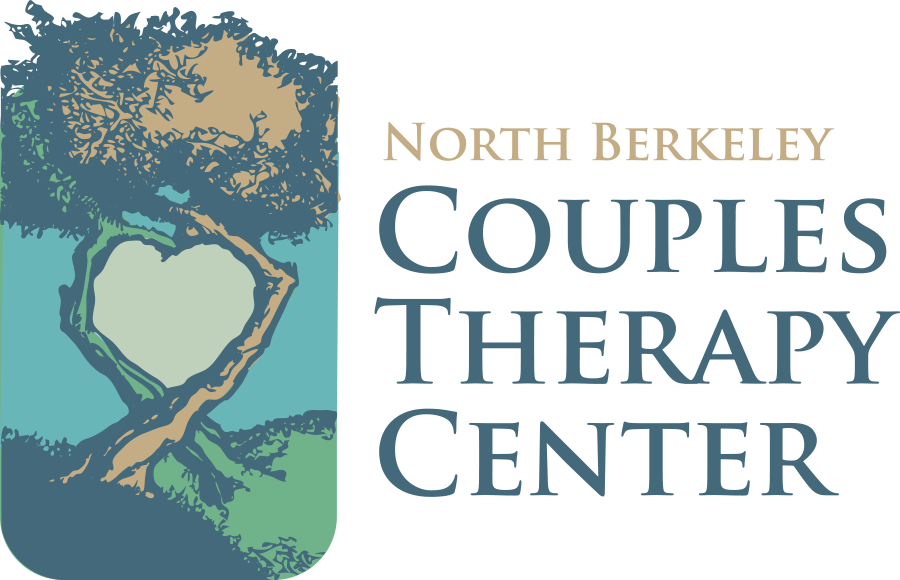Healing from
Intimate Partner Violence,
Sexual ASSAULT & Physical ABuse
From Surviving
to Thriving
Healing is Possible
Experiencing unspeakable violence such as sexual assault, rape or intimate partner violence is devastating and shatters one's sense of trust and safety in the world. You may be feeling alone, ashamed, numb or overwhelmed. There is hope. Using a holistic and personalized mindfulness and body-aware approach to therapy, while in the safety of an empathic and warm therapist's guidance, you can heal from this unbearable pain. You won't likely forget the terrifying experiences you have survived, but you can heal and live in a way that you no longer are gripped by the painful memories and fear. You can feel peace and safety once again.
Yes, the journey is not necessarily an easy one, but you will have our support, our skill and authentic care and attention to your needs as you take important steps in your healing process. The counselors and therapists at North Berkeley Couples Therapy Center are empathic and care deeply about our clients. We would love to help you.
The NW Network is a Seattle Based Nonprofit which serves survivors of intimate partner abuse by proving free and confidential support and advocacy.
An excerpt from a paper written by one of our team members. She presented her research on Sexual violence and Intimate Partner Violence (IPV) at the APA Division 32 Humanistic Psychology Conference in March, 2014:
Our culture is numb to violence at both the systemic level and the individual level, leading to social normalizing of relationship violence (Hooks, 2007). Sexual assault is not about sex, but is an act of asserting power over another person, regardless of a perpetrator’s gender or sexual orientation (Groth, Burgess, & Holmstrom, 1977). In a study of 133 perpetrators and 92 victims of sexual assault, subjects were queried about the motives for rape; anger and power were stated to be the primary reasons, while no rapes were reported to be about sexuality (Groth et al., 1977). As intimate-partner violence (IPV) generally occurs within a pattern of power and control, people who are motivated to control their partners are especially apt to use violence as a means of control, regardless of the batterer’s gender (Archer, 2013). This method of control also applies to sexual violence, despite the perpetrator’s gender or sex.
Sexual violence and rape have long been pervasive and problematic social issues. According to the National Violence against Women Survey, 1 out of 4 U.S. women has been raped or physically assaulted by an intimate partner, while 1 out of 14 U.S. men reported rape or physical assault (Tjaden & Thoennes, 2000b). National epidemiological data indicate that 17% to 25% of women are raped as adults (Campbell, 2008; Fisher, Cullen & Turner, 2000; Koss, Gidycz, & Wisniewski, 1987).
People who have been raped often suffer severe trauma that pervades their lives; the serious and long-term consequences may include post-traumatic stress disorder (PTSD), depression, anxiety, suicidal ideation, vulnerability to recurrent sexual victimization, substance use, and chronic physical and mental health problems (Astin, Lawrence, & Foy, 1993; Astin, Ogland-Hand, Coleman, & Foy, 1995; Bergman, Larsson, Brismar, & Klang, 1987; Campbell, Sullivan, & Davidson, 1995; Cascardi & O' Leary, 1992; Cascardi, O'Leary, Lawrence, & Schlee, 1995; Gleason, 1993; Jaffe ,Wolfe, Wilson, & Zak, 1986; Kemp, Rawlings, & Green, 1991; Kernic, Wolf, & Holt, 2000; Kilpatrick & Acierno, 2003; Koss, Bailery, Yuan, Herrera, & Lichter, 2003; McCauley et al., 1995; Orava, McLeod, & Sharpe, 1996; Plichta & Weisman, 1995; Saunders, 1994).
One early study found that 94% of rape survivors suffered symptoms of either PTSD or what was formerly known as Rape Trauma Syndrome (RTS) within a week of the assault; a year later, 50% of the rape survivors still experienced RTS or PTSD (Lytle-Holmstrom & Wolbert-Burgess, 1974). Indeed, the lasting impact may persist for many years. In her seminal book, Trauma and Recovery, Herman (1992) pointed out: Because post-traumatic symptoms are so persistent and so wide-ranging, they may be mistaken for enduring characteristics of the victim’s personality. This is a costly error, for the person with unrecognized post-traumatic stress disorder is condemned to a diminished life, tormented by memory and bounded by helplessness and fear. (p. 49)
This illustrates the importance of seeking treatment via trauma and somatic psychotherapy. A survivor of any kind of sexual violence and/or intimate partner violence often struggles with many symptoms which include panic attacks, flashbacks, hyper-vigilance, insomnia, nightmares, interpersonal isolation and difficulties, depression, avoidance of triggers and intense anxiety. The good news is that with the empathic support of a skilled mindfulness and body-aware trauma therapist, you can not only survive, but thrive.
Our East Bay psychotherapists & psychologists, are highly skilled in treating trauma through body-based modalities. Somatic trauma therapies, such as Somatic Experiencing, AEDP, EMDR and Hakomi operate from the idea that the resulting psychological trauma is not inherently caused by the actual traumatic event, but more so from the inability of the nervous system, mind and body to effectively process the detrimental experience. By working from a somatic and holistic perspective in trauma therapy, individuals who have survived such painful and disturbing experiences can reset their nervous systems and once again feel safe in the world.








